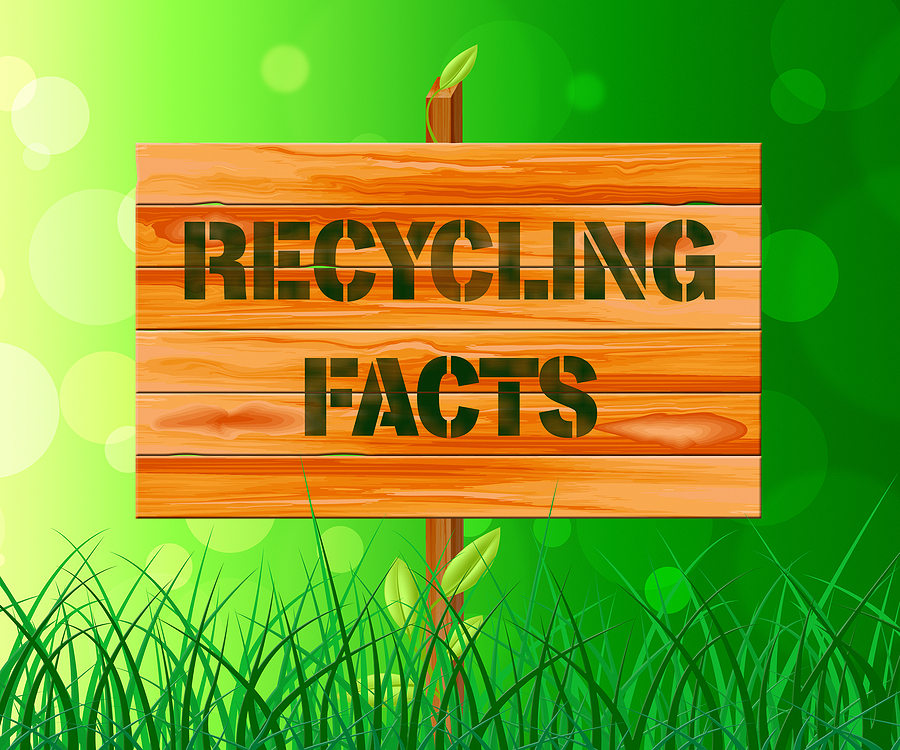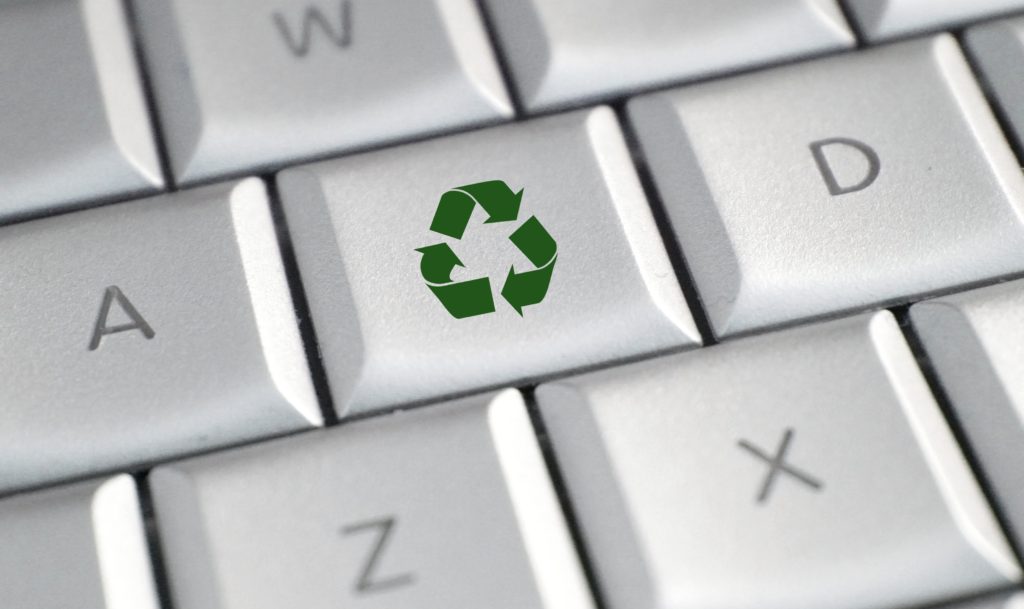If you are thinking about establishing a recycling program at home or in the office, be sure you are getting started on the right track. Do not believe these very untrue and oh-so-common recycling myths and misconceptions!

Common Misconceptions About Recycling
Sadly, many people are confused about recycling. All the recycling myths and misconceptions are certainly to blame. It is important to learn the true facts about recycling in order to optimize your recycling practices and procedures. Here are some of the most common misconceptions about recycling and why they are untrue:
🚫 One Household Won’t Have an Impact
Many people falsely believe that a single household cannot have a notable impact when it comes to recycling. But the truth is, even a single person can make a difference when it comes to protecting and preserving our natural resources and surrounding environment. Do not think for one second that your recycling contributions are not making an impact on our planet!
Still don’t believe it? Well, Recycling Revolution reports that “the average American uses 7 trees a year in paper, wood, and other products made from trees.” So, if you commit to using less packaging materials and only purchase items that are made from recycled material, you alone can save at least a few trees a year.
🚫 All Plastic is Recyclable
People tend to believe that items made from plastic are recyclable. However, not all plastic can be recycled. So, if you are putting plastic items in your recycling bin, there is a chance that some items are getting tossed out rather than recycled at the waste management center. For instance, commodities made from recycled materials, like textiles, parking lot bumpers, or plastic lumber, cannot be recycled.
🚫 It Costs More Money to Make Plastic Than It Does to Make Glass
Many people wrongly believe that it is better to purchase plastic containers than glass containers because the manufacturing process to produce plastic uses more energy. However, the truth is that the manufacturing process of both glass and plastic use around the same amount of energy. The best way to be conserve energy is to use refillable containers.
🚫 Biodegradable Products Do Not Need to Be Recycled
It is a common misconception that biodegradable products do not need to be recycled because they will naturally break down in the landfill. But biodegradable items require oxygen to degrade. When tossed in landfills, they get covered with more garbage, which reduces their exposure to oxygen and therefore, delays or obstructs the decomposition process. When this happens, the biodegradable item breaks down into methane, which gets discharged as a hazardous greenhouse gas.
🚫 Recycling is Not Profitable
Most people think recycling is unprofitable, but that’s just not true! Well-reputed and professional metal recycling centers in Indianapolis will pay cash on the spot for anything that contains metal, including appliances, electronics, junk cars, auto parts, tools, boats, and more.
Choose Zore’s Recycling for honest service, fair payouts, and fast service! Contact us at 317-244-0700 to request a free offer from one of our experienced scrap metal buyers in Indianapolis, Indiana.
Related Posts:
The Many Benefits of Recycling Scrap Metal
The 7 Stages of the Scrap Metal Recycling Process
Top 4 Ways Scrap Metal is Reused


